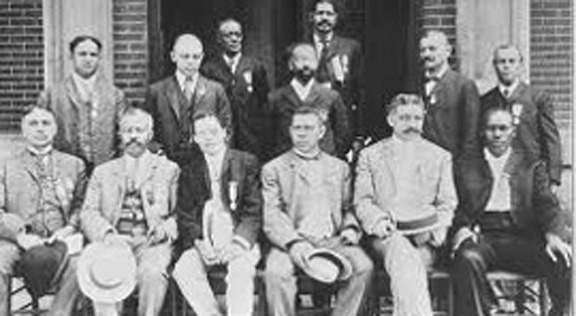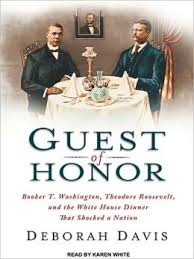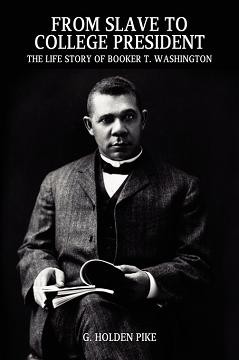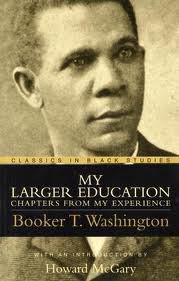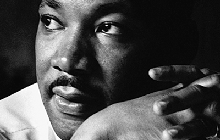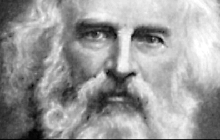Booker T. Washington was among the first to take education to the people. He had Dr. Carver pack tools in a buggy to go out to farmers to demonstrate new techniques. This “Agricultural College on Wheels” reached 2,000 farmers (black and white) in its first month alone and spread to 28 states and around the world. “The Negro has the right to study law,” Booker T. wrote, “but success will come to the race sooner if it produces intelligent, thrifty farmers and mechanics to support the lawyers.”
Indeed, visitors came from all over the world to learn firsthand the techniques taught at Tuskegee. In 1905, they came from 16 countries, including India, China, Japan, Poland, Russia, and several African countries. Many took ideas learned at Tuskegee back to their own countries, changing and modifying them as necessary to meet their needs. Booker T. liked to remind his students, “Our ability to make the world better depends entirely upon our ability to use every opportunity to make ourselves better.”
In 1900 Booker T. founded the National Negro Business League, to help others start and grow businesses by networking. He was a decade ahead of the formation of the U.S. Chamber of Commerce. Under his leadership, the NNBL grew to over 600 chapters in 15 years. He once said, “What we should do in all our schools is to turn out fewer job seekers and more job-makers. Anyone can seek a job, but it requires a person of rare ability to create a job.”
In addition to his domestic leadership, Booker T. sought to carry the same message of independence and initiative abroad. He was the first black college president to send students to Liberia and bring others to Tuskegee. In 1911, he sent his personal envoy, Emmitt Scott, to Liberia to discourage France from any further annexation of Liberian territory. Thus, Booker T. was instrumental in preserving Liberia’s independence.




